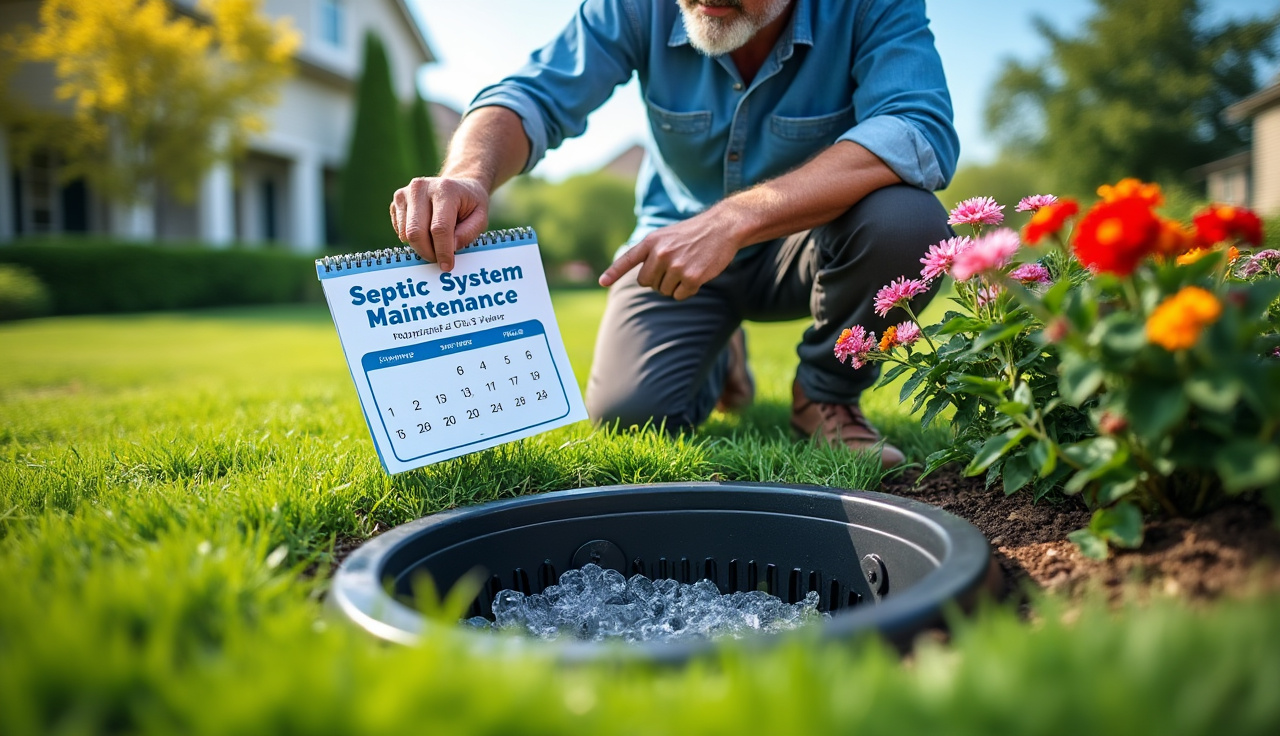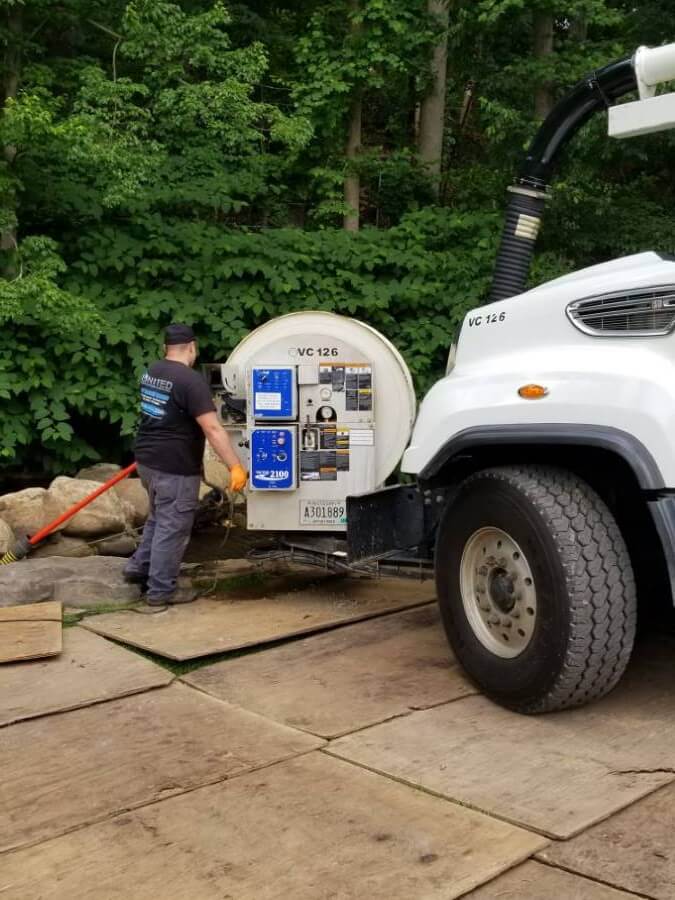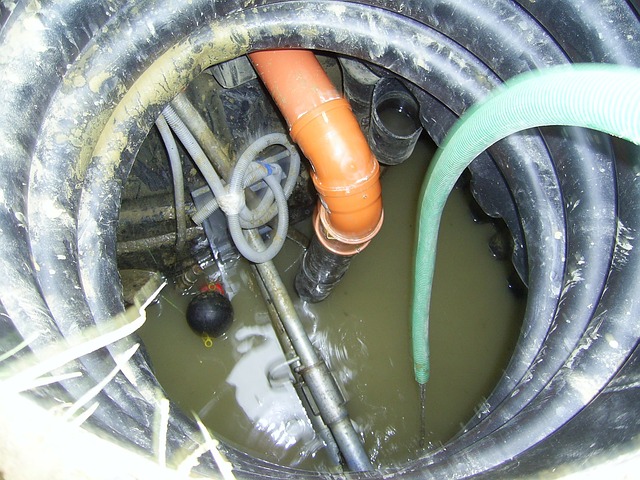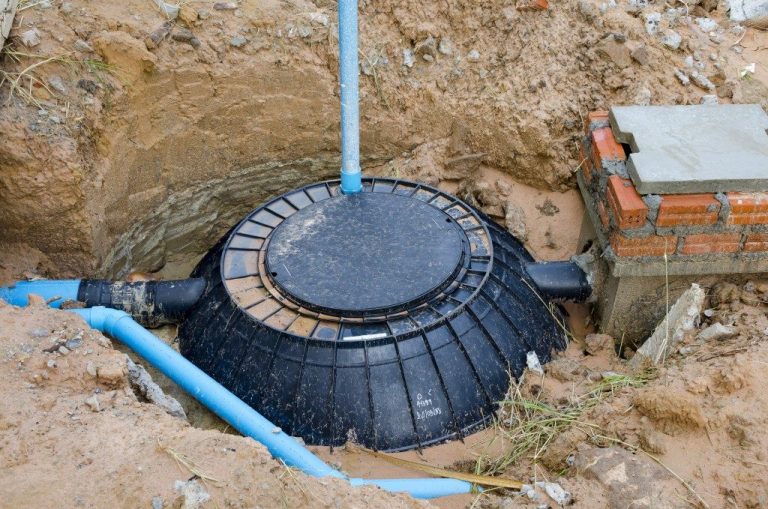How Often Should You Have Septic Pumped: Comprehensive Guide to Save Thousands
The average home needs its septic tank pumped every 3-5 years. But that’s just a starting point.
Learn How Often Should You Have Septic Pumped to avoid costly Repairs. Perfect timing varies by household – find your ideal schedule now! Your actual pumping schedule depends on things like how many people live in your house and how much water you use. Think of your septic tank like a piggy bank – it can only hold so much before it needs to be emptied.
Want to know the real cost of getting this wrong? How Often Should You Have Septic Pumped?
I’ve spent months digging through research and talking to septic pros. I discovered a simple math formula that tells you exactly when to pump your tank. Plus, I’ll show you how to spot the warning signs that your tank needs attention right now.
In this guide, you’ll learn how to:
- Calculate your perfect pumping schedule
- Save hundreds on unnecessary service calls
- Keep your system running smoothly for years
Table of Contents
How Often Should You Have Septic Pumped
Understanding How Often Should You Have Septic Pumped is crucial for maintaining the health and efficiency of your septic system. Regular pumping helps prevent backups, clogs, and costly repairs, ensuring that your system operates smoothly. The frequency of pumping can vary based on several factors, including the size of your tank, the number of occupants in your home, and your water usage habits.
The Mathematical Formula for Perfect Pumping Timing

How Often Should You Have Septic Pumped? Want to know exactly when to pump your septic tank? Let me show you a super simple way to figure it out:
Just take your tank’s size (in gallons) and divide it by your daily water use. This gives you the months between pumping.
Here’s the basic formula: Tank Size ÷ Daily Water Usage = Months Until Next Pump
Let’s break this down with a real example:
- Your tank is 1,000 gallons
- Your family uses 300 gallons per day
- 1,000 ÷ 300 = 3.3 months
But hold up! We need to add some adjustment factors based on your habits:
Personal Usage Calculator
To find your daily water use:
- Count people in your home (× 50 gallons each)
- Add 10 gallons per load of laundry
- Add 5 gallons per dishwasher run
Hidden Cost Impacts
Getting your timing wrong can hit your wallet hard:
Over-pumping costs:
- $200-400 per unnecessary pump
- Wasted money on service calls
- Disruption of helpful bacteria
Under-pumping costs:
- $5,000-10,000 for system repairs
- Emergency pumping fees ($300+)
- Potential drain field replacement ($20,000+)
The sweet spot? For most families, pumping every 3-5 years saves the most money. But use the formula above to get your exact number.
Pro tip: Track your actual usage for a week using your water meter. Multiply by 52 for yearly use, then divide by 365 for your true daily number.
Beyond the Numbers: Lifestyle Indicators That Signal Pumping Need
Ever notice how your septic system is like a quiet helper until something goes wrong?
Here’s the deal: Most people only think about septic pumping when there’s a problem. But waiting for trouble is like ignoring your car’s oil changes until the engine breaks down.
Your septic tank needs attention based on more than just time passing by. Let me show you some real-life signs that say “Pump me now!”
The Septic Load Score: Your Home’s Reality Check
Think of your septic load score as your tank’s report card. It’s not just about counting people – it’s about how you live.
Does this sound like your house? – Running multiple loads of laundry daily – Long, hot showers are the norm – You host frequent gatherings – Your garbage disposal runs overtime – You flush “flushable” wipes
If you nodded to any of these, your tank might need more frequent pumping than the standard 3-5 years.
Environmental Wake-Up Calls
Your septic choices affect more than just your home. Groundwater protection starts with proper septic maintenance.
Here’s what proper pumping prevents: – Soil absorption field damage – Local water contamination – Harmful bacteria spread – Expensive system failures
Think of it this way: A well-maintained septic system is like having a mini environmental protection plant in your backyard. It keeps your local ecosystem healthy and your wallet happy.
Did you know? Studies show that regular pumping can extend your septic system lifespan by up to 20-30 years. That’s thousands in savings over replacing a failed system.
Remember: Don’t wait for bad smells or slow drains. By then, you’re already in trouble. Check these lifestyle signals now, and keep your septic system running smoothly.
Technology-Based Monitoring: The Future of Septic Maintenance
Here’s the deal: Smart sensors and monitoring systems are changing the game for septic maintenance.
Think of these gadgets as tiny health monitors for your septic system – just like a Fitbit for your tank!
Smart Sensors and IoT Solutions
Modern monitoring systems now track everything happening in your septic tank 24/7. These smart devices measure:
- Sludge levels
- Tank capacity
- Water usage
- Bacteria activity
- Early warning signs of system failure
The best part? You’ll get alerts right on your phone when something needs attention.
Real-World Success Stories
A neighborhood in Vermont installed smart sensors in 50 homes. The results?
- 60% fewer emergency pump outs
- Early detection of clogs before they caused backups
- Reduced environmental impact
- Lower maintenance costs for homeowners
Want to know how these systems compare to old-school methods?
| Traditional Method | Smart Monitoring |
|---|---|
| Annual inspections | Real-time tracking |
| Reactive maintenance | Preventive care |
| Scheduled pumping | Need-based pumping |
| Surprise problems | Early warnings |
By catching issues early, these tech solutions help avoid those midnight emergency calls and save you serious money in the long run.
Just remember: While technology makes maintenance easier, it doesn’t replace regular pumping and good septic care habits.
Your Next Steps: Taking Action on Your Septic Schedule
Here’s the deal: Regular septic maintenance isn’t just about following a schedule – it’s about protecting your home and wallet.
I’ve shown you how to figure out your perfect pumping timing using real math (not just guessing), and now it’s time to take action.
Look: Your septic system is unique, just like your home. As a local expert serving Orange County, Rockland County, and Sullivan County, I’ve seen how the right maintenance timing can save homeowners thousands.
Ready to get your septic tank on the right schedule? Our team at United Sewer & Septic can help create your custom maintenance plan. Just click “Request Your Estimate Now!” or call us to set up an inspection.
Trust me – your future self will thank you for taking this step today. Let’s make sure your system runs smoothly for years to come.







